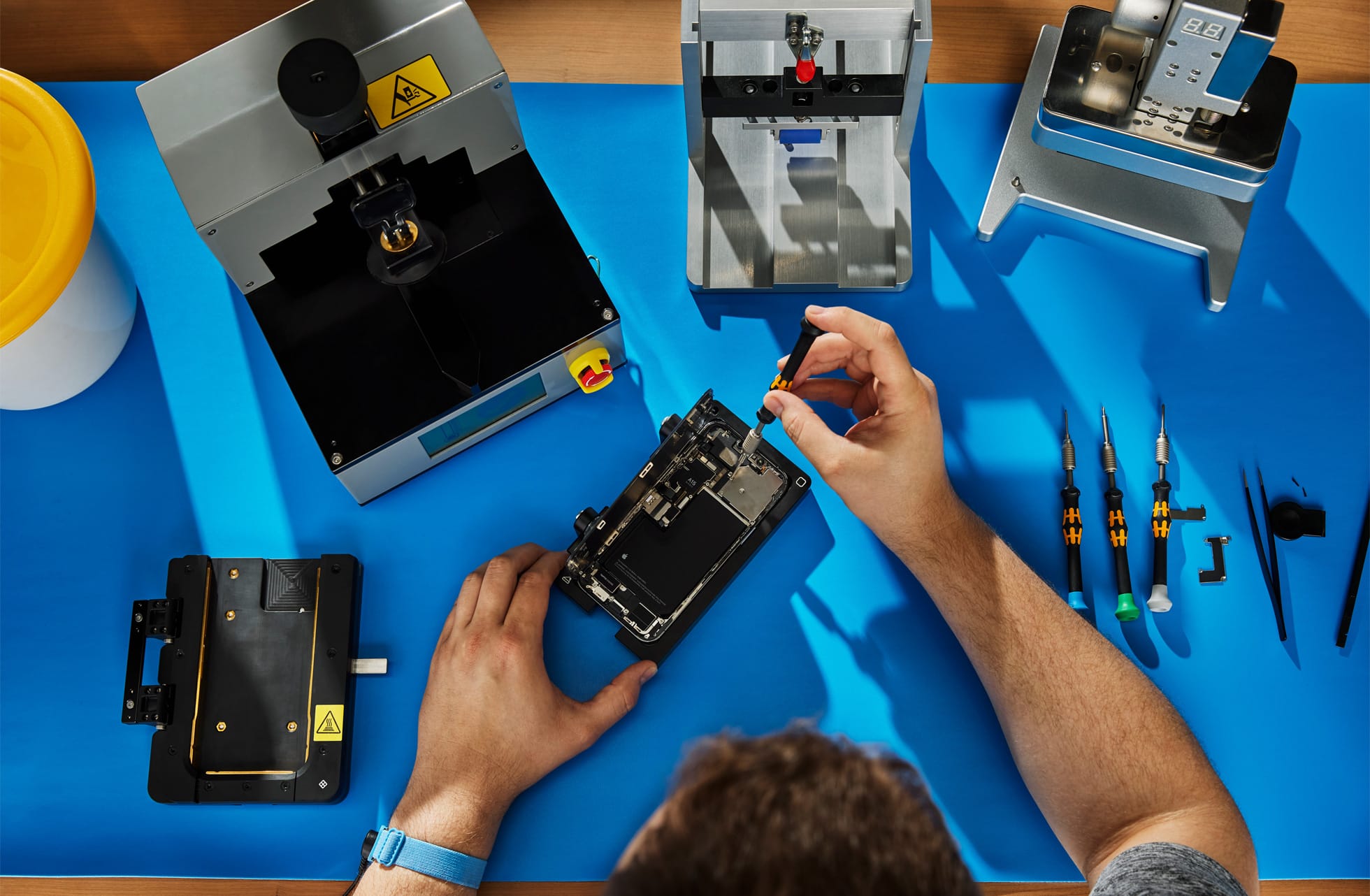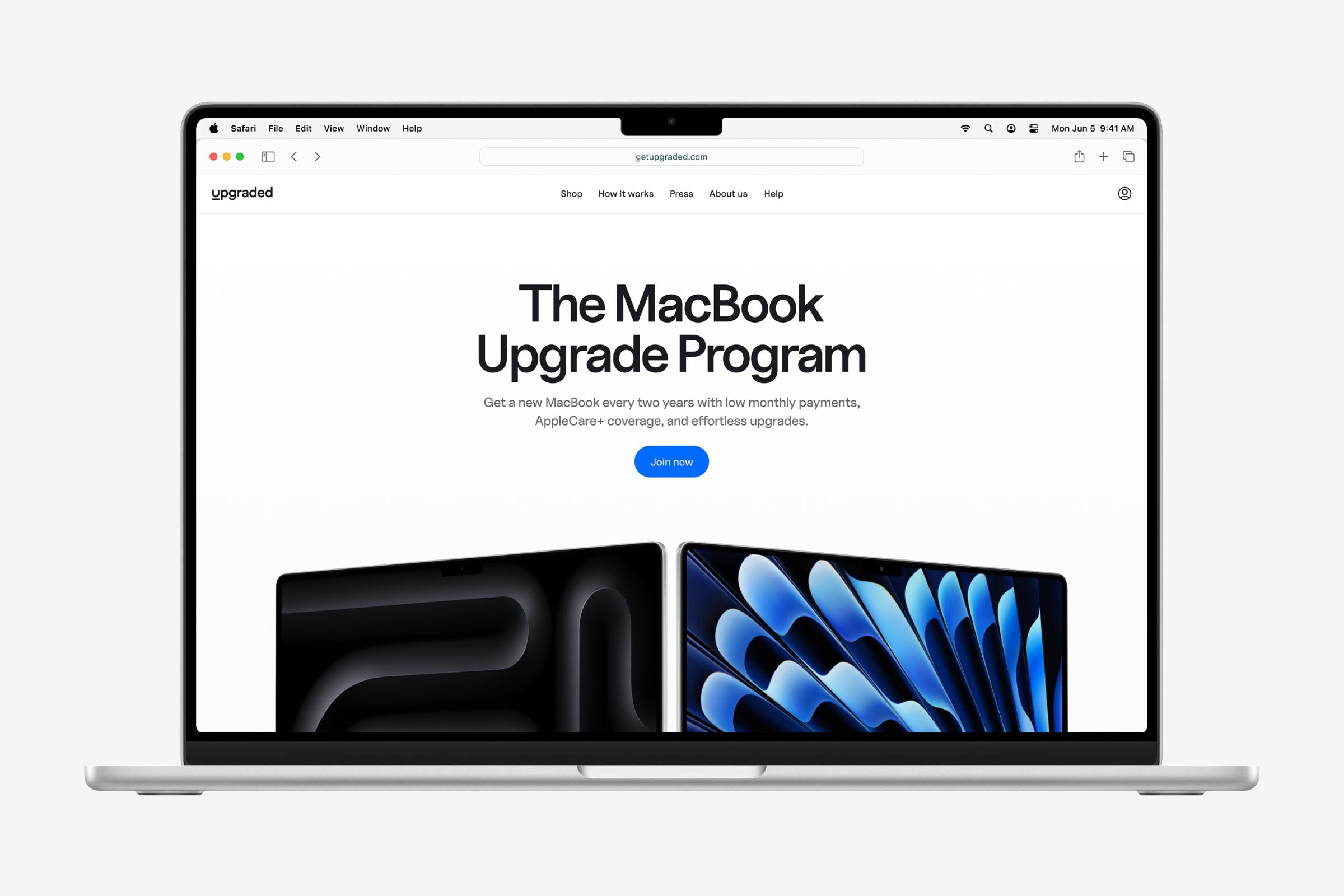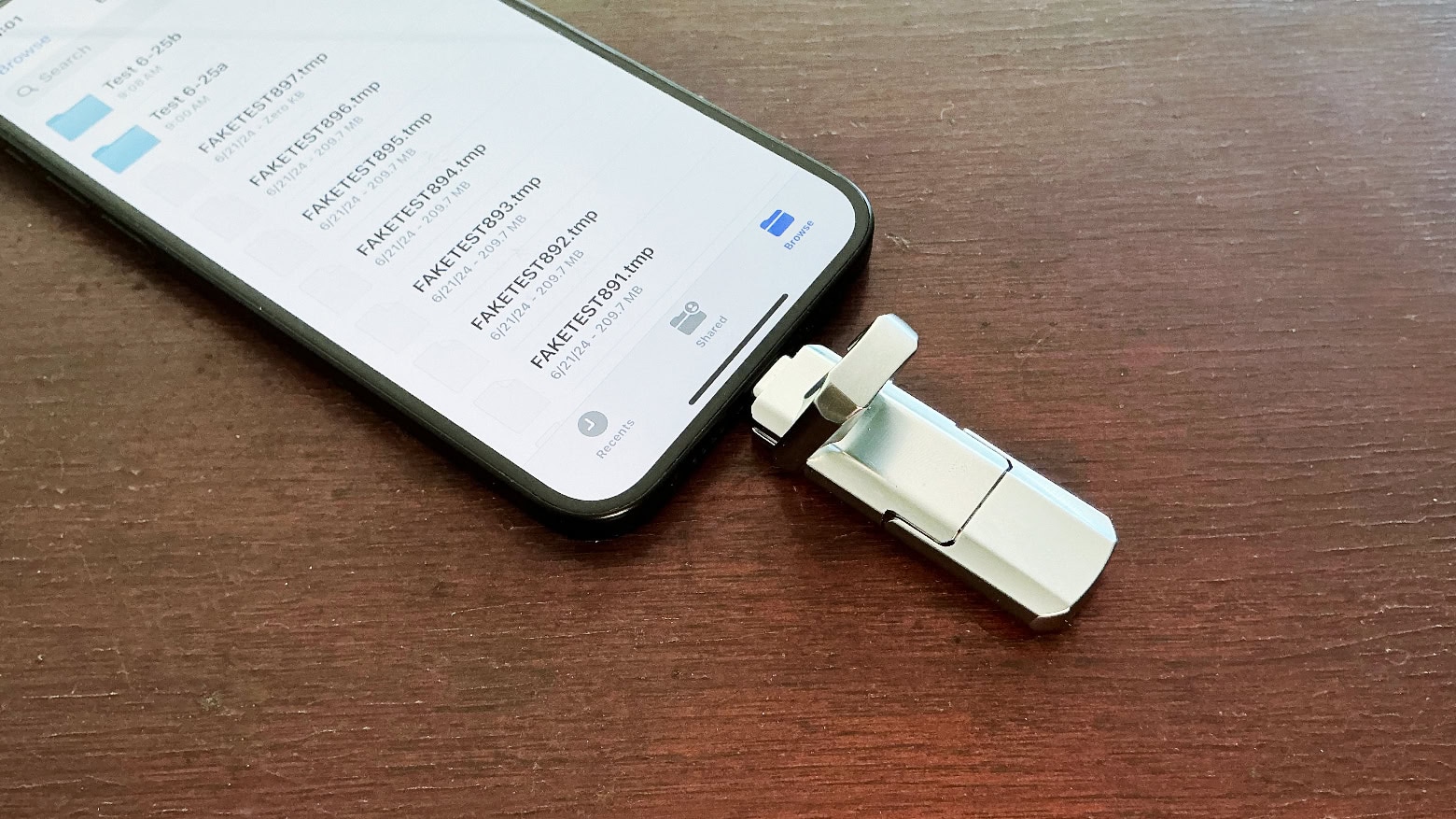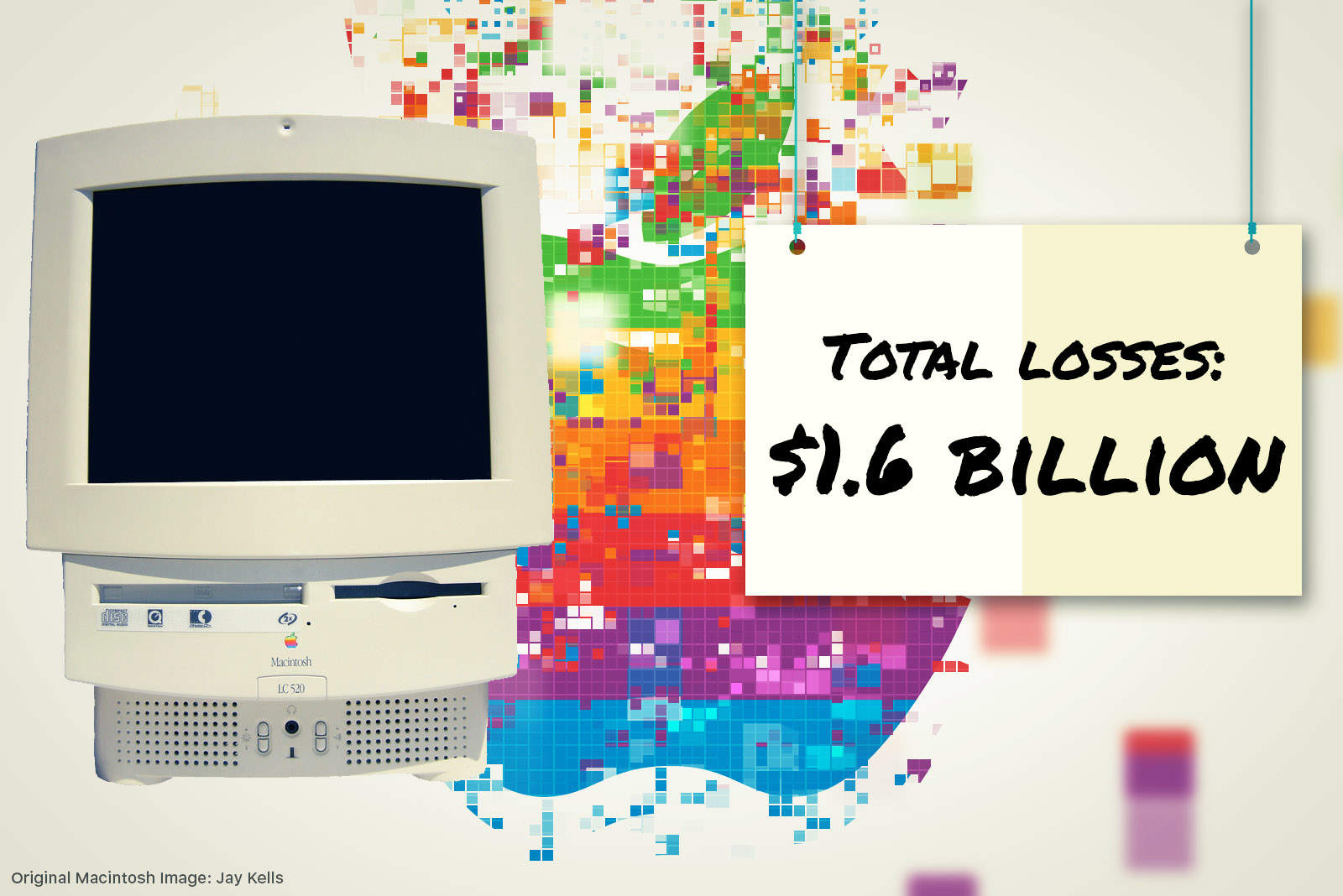Apple has long been criticized for making devices that are difficult for owners to repair.
Parts suppliers like iFixit routinely give iPhones and iPads low repairability scores based on how hard it is for consumers to open them up and replace failing batteries or cracked screens.
But a couple of weeks ago, I saw an interesting interview between YouTuber Marques Brownlee and John Ternus, Apple’s senior vice president of hardware engineering.
In the interview, Ternus argues that Apple products can be graded on a continuum. On one end of the spectrum are tough products that are durable but harder to repair. At the other end, you find products that are easy to repair but less durable.
As an example, Ternus cites the iPhone, which over several generations has become more and more water-resistant.
Recent iPhones come with an IP68 rating, thanks to Apple’s waterproofing techniques. The manufacturing upgrade makes new devices longer-lasting than older models. (Water damage was one of the biggest causes of iPhone failure.) But at the same time, the glues and seals needed to achieve an IP68 rating make it much harder to open up an iPhone to replace an old battery.
Ternus explains that Apple has been trying to balance these two opposing goals — between products that last a long time and products that are easy to repair.
Along those lines, Apple is now making it easier to use third-party or used parts for repairs. Previously, one of the problems of using a non-Apple screen was calibrating it to enable features like True Tone, which makes colors more natural by adjusting the display to the ambient light conditions.
Apple can now pull calibration data for a third-party screen from the cloud — and do the same for a used Apple part.
Apple is designing for long device life, Ternus says in a white paper published Wednesday: "Designing for longevity is a company-wide effort, informing our earliest decisions long before the first prototype is built and guided by historical customer-use data and predictions on future usage.”
It’s an interesting debate, and I think Apple’s initiatives in self-service repair and support for third-party parts show the company is sincere in its efforts to make products that last a long time — which ultimately are more environmentally friendly, because they aren’t short-lived and disposable.
Read more about the new developments here.
Also in today’s newsletter:
Apple Intelligence won’t roll out for a few months, but OpenAI’s free ChatGPT app for Mac users is available now.
Apple runs an iPhone Upgrade Program that Cult of Mac managing editor Lewis Wallace loves. Now there’s a similar program for Macs.
Amazon just launched some early Prime Day deals on Apple gear.
This combo tripod/selfie stick/camera remote does it all, and we have an exclusive 20% off sale just for Cult of Mac readers.
I was a big fan of Apple TV+’s Slow Horses spy show until the utterly ridiculous and unbelievable last season, which jumped the shark. But I’ll nonetheless be tuning in for season four.
Today’s the day in Apple history that the company recorded a truly enormous loss — and sealed the fate of “turnaround artist” Gil Amelio.
— Leander Kahney, EIC.
A message from Upgraded
A message from the Cult of Mac Store
Tweets of the day
Wallpaper of the day
One more thing ...
The only purpose for me in building a company is so that it can make products. Of course, building a very strong company and a foundation of talent and culture is essential over the long run to keep making great products. On the other hand, to me, the company is one of humanity's most amazing inventions. It's totally abstract. Sure, you have to build something with bricks and mortar to put the people in, but basically a company is this abstract construct we've invented, and it's incredibly powerful.
Today’s poll
Should iPhone be more durable or more repairable?
Results from yesterday’s poll: Do the leaked Apple Watch CADs look legit to you?

Best reader comment

Subscribe to The Weekender — Get the week's best Apple news, reviews and how-tos from Cult of Mac, every Saturday morning. Our readers say: "Thank you guys for always posting cool stuff" -- Vaughn Nevins. "Very informative" -- Kenly Xavier.












